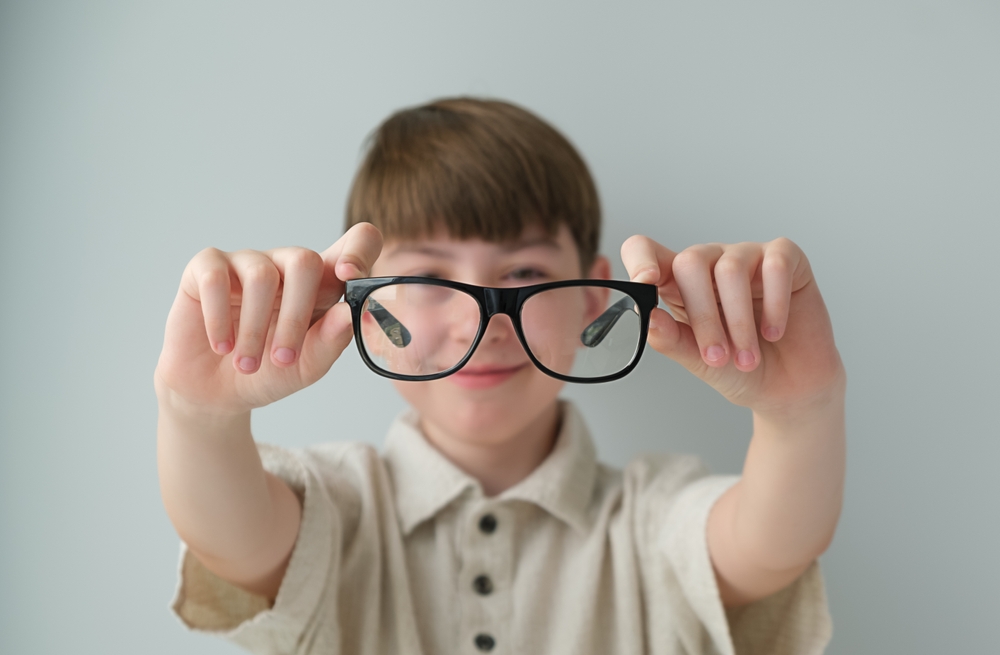What Conditions Can Vision Therapy Treat?
Blog:What Conditions Can Vision Therapy Treat?

What Conditions Can Vision Therapy Treat?
Vision therapy is a specialized form of eye care that aims to improve visual skills and address a variety of visual problems. It involves a series of targeted exercises and activities designed to retrain the brain and eyes to work together more efficiently. If you're struggling with visual issues, vision therapy may be able to help.
What is Vision Therapy?
Vision therapy is a non-surgical, customized treatment program that helps improve visual skills and address a range of visual problems. It is often prescribed by optometrists and is typically conducted under their supervision. The goal of vision therapy is to train the brain and eyes to work together more effectively, improving visual function and reducing or eliminating symptoms. Vision therapy sessions typically involve a variety of activities, such as:
· Eye tracking exercises
· Focusing and convergence exercises
· Stereoscopic (3D) activities
· Perceptual and visual-motor training
· Specialized lenses or prisms
Vision therapy can be effective in treating a wide range of visual problems.
Amblyopia
Amblyopia, commonly known as "lazy eye," is a condition where one eye is weaker than the other, leading to reduced visual acuity. Vision therapy can be an effective treatment for amblyopia, especially in children. By using targeted exercises and activities, vision therapy can help strengthen the weaker eye and improve overall visual function.
Strabismus
Strabismus is a condition where the eyes are misaligned, causing them to point in different directions. This can lead to double vision, eye strain, and other visual problems. Vision therapy can help train the eyes to work together more effectively, reducing or eliminating the symptoms of strabismus.
Binocular Vision Disorders
Binocular vision disorders, such as convergence insufficiency and accommodative dysfunction, occur when the eyes have difficulty working together. This can result in eye strain, headaches, and difficulty with tasks that require sustained visual focus. Vision therapy can help improve the coordination and efficiency of the eyes, reducing or eliminating these symptoms.
Learning-Related Vision Problems and Vision Therapy
Visual skills, such as eye tracking, focusing, and visual-motor integration, play a crucial role in academic performance. Vision therapy can help address learning-related vision problems, such as difficulties with reading, writing, and other visual-based tasks, by improving these essential visual skills.
The Benefits of Vision Therapy for Common Conditions
Vision therapy offers numerous benefits for addressing common visual conditions and convergence insufficiency. This non-invasive approach can significantly improve visual function, reduce eye strain, and increase reading comprehension and comfort. By addressing the root causes of visual difficulties, vision therapy offers a long-term solution that not only improves vision but also boosts overall quality of life, especially in children and adults with visual processing disorders.
Schedule a Consultation with Texas State Optical Today
Vision therapy is a powerful tool for addressing a wide range of visual problems and improving overall visual function. Whether you're struggling with a specific condition like amblyopia or strabismus, or you're experiencing general visual difficulties that are impacting your daily life or academic performance, vision therapy may be able to help.
If you're interested in exploring vision therapy as a solution to your visual challenges, schedule a consultation with Texas State Optical. We can evaluate your visual needs and develop a customized treatment plan to help you achieve your visual goals. Visit our office in Humble, Texas, or call (281) 399-4275 to book an appointment today.


